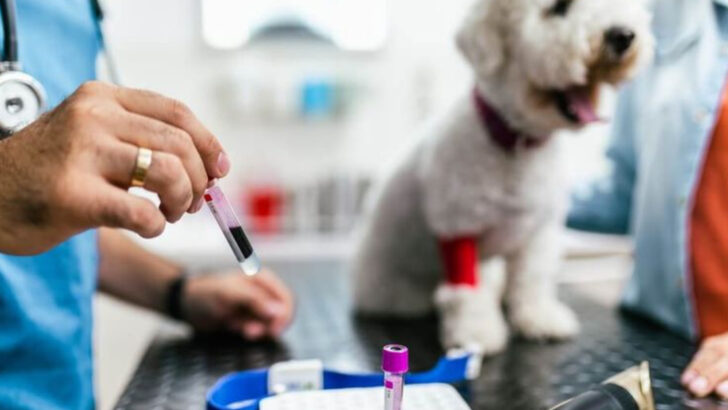Your pet can’t talk — but your vet can.
And if you’re not asking the right questions during visits, you might be missing warning signs, wasting money, or leaving your furry best friend in discomfort.
Vets aren’t mind readers, and quick appointments mean you’ve got limited time to get answers that actually matter. No more nodding along while holding a squirmy dog or bribing a cat with treats — go in with a game plan.
This isn’t about being a “good pet parent.” It’s about being the best.
Your pet deserves more than routine shots and a pat on the head.
So, what should you really be asking during that 15-minute checkup?
Let’s talk about the must-ask questions every pet owner should have in their back pocket — and the five that almost no one thinks to ask (but absolutely should).
What is the ideal diet for my pet?

Understanding your pet’s dietary needs is crucial for their well-being. Each animal has unique nutritional requirements based on factors like age, breed, and health status. By consulting your vet, you can tailor a diet to suit your pet’s specific needs.
It’s important to ask about portion sizes and any dietary supplements that might benefit your pet. A balanced diet can prevent obesity and other health issues. Vets can also recommend specific brands or types of food that meet nutritional standards.
Fun fact: Some pets, like dogs, are omnivorous, while others, like cats, are obligate carnivores.
How often should my pet have check-ups?
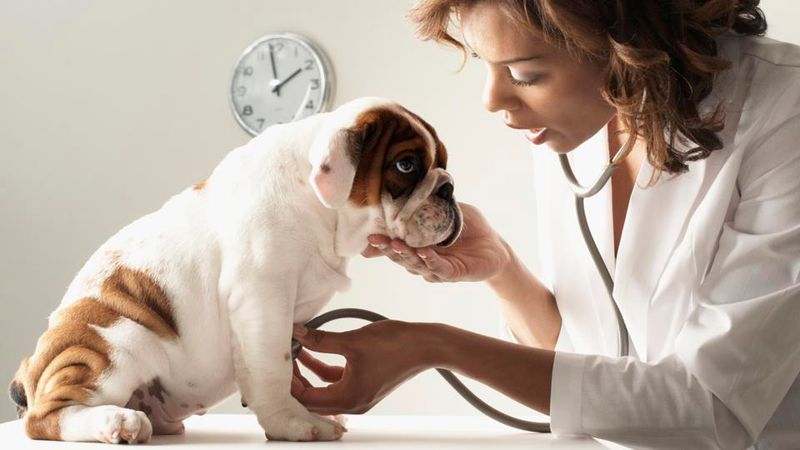
Regular check-ups are vital for monitoring your pet’s health. But how often should these occur? This largely depends on your pet’s age, species, and health condition. Puppies and kittens, for example, require more frequent visits than adult pets.
During these check-ups, vets can catch potential health issues early and provide vaccinations or treatments if necessary. Senior pets might need more frequent monitoring due to age-related conditions.
A consistent schedule ensures your pet stays in optimal health. Did you know? Regular vet visits can extend your pet’s lifespan by catching diseases early.
What vaccinations does my pet need?
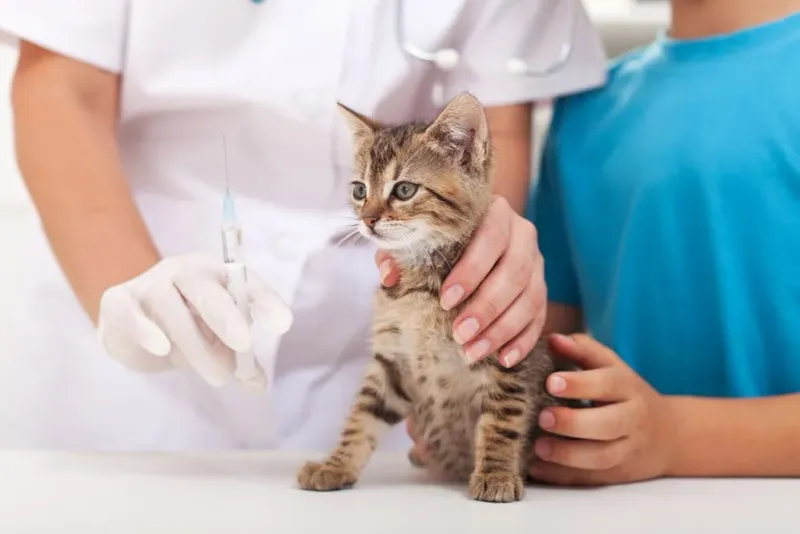
Vaccinations are a cornerstone of preventive health care for pets. They protect against various infectious diseases. Each pet’s vaccination schedule can vary based on age, lifestyle, and local disease prevalence.
Core vaccines are typically recommended for all pets, while some non-core vaccines might be suggested based on specific risks. Discussing these with your vet ensures your pet is adequately protected.
Vaccines not only safeguard your pet but also help control disease spread. Fun fact: Rabies vaccination is often required by law in many regions to protect both pets and public health.
What are common signs of illness in my pet?
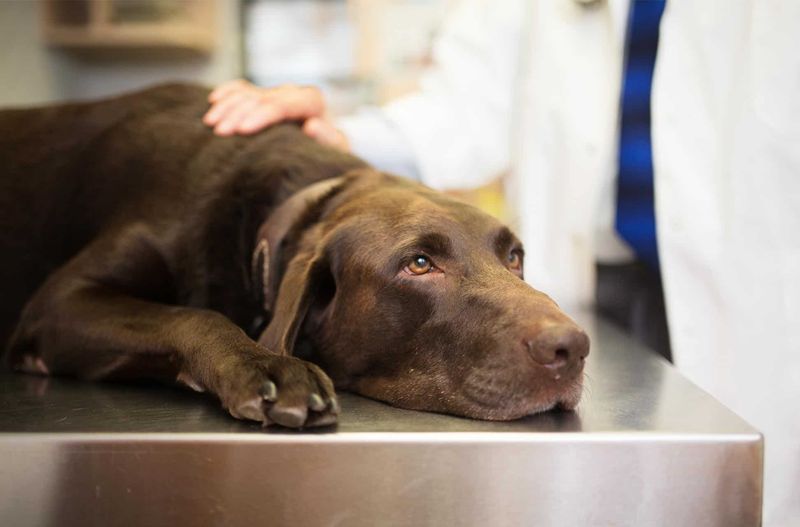
Recognizing the signs of illness early can make a significant difference in your pet’s health. Symptoms like changes in appetite, behavior, or energy levels can indicate underlying issues.
Discussing typical warning signs with your vet equips you with knowledge to act promptly. Each species and breed may exhibit unique signs, so personalized advice is beneficial.
Acting fast on these symptoms can prevent more severe health problems. Did you know? Changes in a cat’s litter box habits are often one of the first signs of illness.
How can I maintain my pet’s dental health?

Dental health is often overlooked but is crucial for your pet’s overall well-being. Poor dental care can lead to gum disease and other health issues.
Ask your vet for tips on brushing your pet’s teeth and recommended dental treats or toys. They might also suggest regular dental cleanings.
Maintaining dental health can improve your pet’s quality of life and prevent unnecessary health complications. Fun fact: Over 80% of dogs and 70% of cats show signs of dental disease by age three.
Is my pet at a healthy weight?
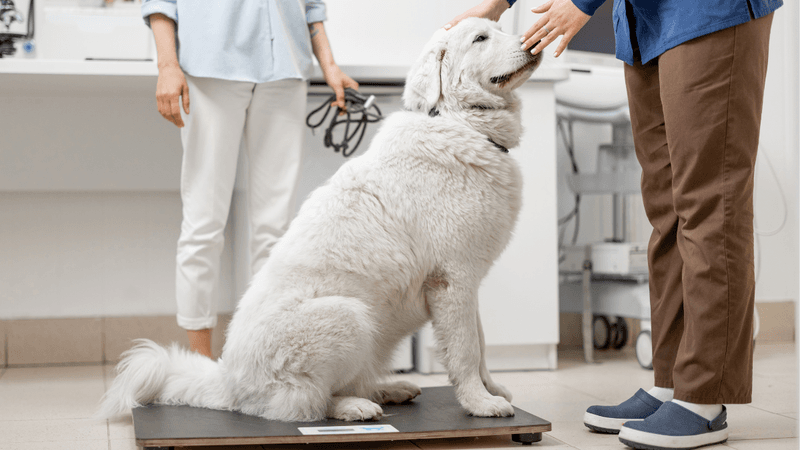
Maintaining a healthy weight is vital for your pet’s longevity and quality of life. Ask your vet to assess your pet’s weight and provide guidance if adjustments are needed.
Factors like breed, age, and activity level play a role in determining ideal weight. Your vet can offer strategies for weight management, including diet and exercise plans.
Health risks such as diabetes and joint issues can be linked to obesity. Fun fact: Regular exercise not only keeps pets physically fit but also mentally stimulated.
What flea and tick prevention is recommended?
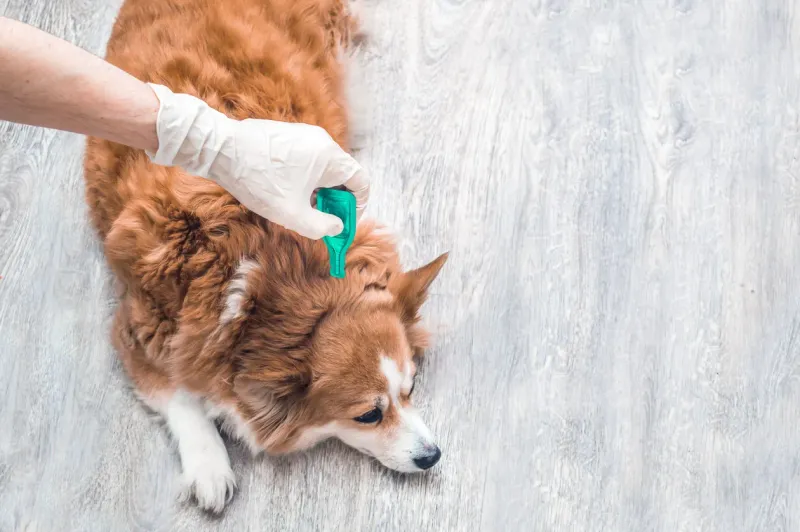
Fleas and ticks are not just nuisances; they can transmit diseases. Effective prevention is key.
Consult your vet about the best prevention methods for your pet, which may include topical treatments, collars, or oral medications. Factors like your pet’s lifestyle and local parasite prevalence will influence recommendations.
Prevention is easier and more effective than treatment. Did you know? Ticks can transmit Lyme disease to pets and humans alike.
How can I make my pet’s environment safer?
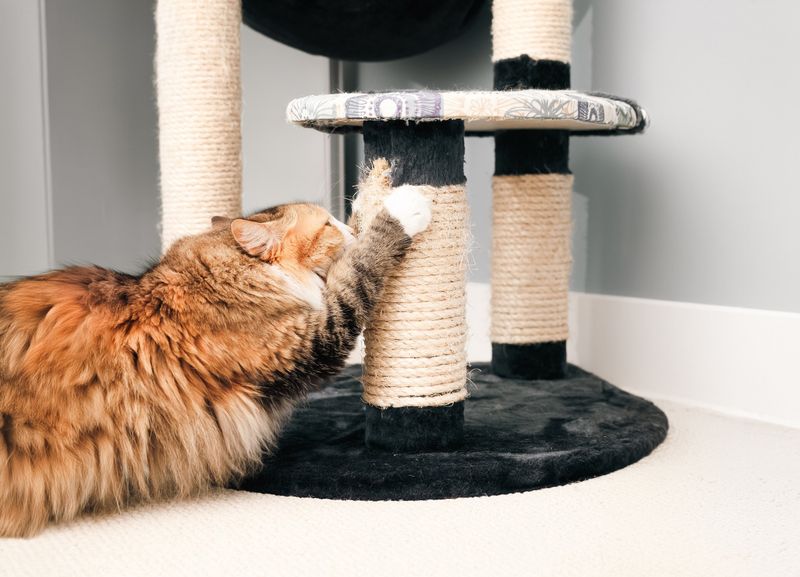
A safe environment is essential for your pet’s well-being. Vets can offer insights into potential household hazards like toxic plants, small objects, and harmful foods.
Discussing ways to pet-proof your home can prevent accidents and injuries. Regularly update your pet’s living space to match their developmental stages and needs.
Creating a secure environment fosters a stress-free life for your pet. Did you know? Some common houseplants, like lilies, are highly toxic to cats and should be avoided.
What should I do in an emergency?
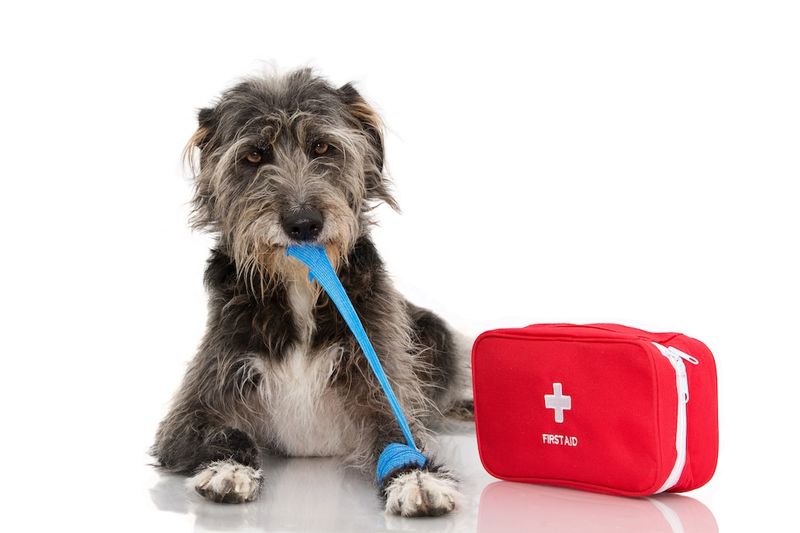
Emergencies can happen at any time, and being prepared is vital. Knowing what steps to take can save your pet’s life.
Ask your vet for a list of emergency contacts and locations of nearby veterinary clinics. Learn basic first-aid procedures for your pet.
Preparation ensures a swift response during critical moments. Did you know? Having a pet first-aid kit at home can be lifesaving in emergencies.
How do I know if my pet is in pain?

Pets can’t verbally express pain, so recognizing signs is essential. Subtle changes in behavior, posture, or vocalizations can indicate discomfort.
Discussing indicators of pain with your vet helps you identify issues early. Each species may exhibit different signs, so tailored advice is valuable.
Addressing pain promptly can improve your pet’s quality of life. Did you know? Cats often hide pain by becoming less active or social.
What is the best way to introduce a new pet to the household?
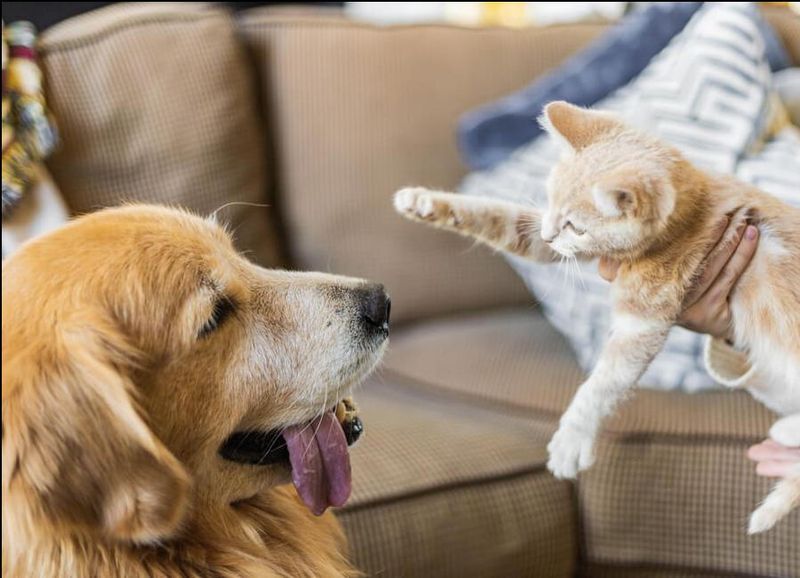
Bringing a new pet home is an exciting event, but it requires careful planning. Vets can offer valuable advice on easing the transition for both new and existing pets.
Ask about tips for gradual introductions, managing territory, and ensuring all pets feel comfortable. Each animal’s temperament and history play a role in the integration process.
A smooth introduction sets the foundation for harmonious coexistence. Fun fact: Introducing pets on neutral ground can often reduce territorial conflicts.
How can I support my pet’s mental health?

Just like humans, pets need mental stimulation to thrive. Enrichment activities, toys, and social interactions are crucial.
Vets can recommend activities tailored to your pet’s preferences and needs. Ensuring a mentally engaging environment helps prevent behavioral issues and promotes happiness.
Supporting mental health leads to a well-rounded, content pet. Did you know? Puzzle toys can significantly reduce stress in pets by providing mental challenges.
What grooming needs does my pet have?

Grooming isn’t just about aesthetics; it’s important for health. Regular grooming can prevent issues like matting, skin infections, and parasites.
Ask your vet for guidance on grooming frequency and techniques suited to your pet’s breed and coat type. They may also recommend professional grooming services if needed.
Proper grooming keeps pets comfortable and healthy. Fun fact: Some dog breeds, like poodles, benefit greatly from regular professional grooming.
How can I prevent my pet from developing allergies?

Allergies can be a significant source of discomfort for pets. Identifying and managing allergens is key.
Your vet can help determine if allergies are environmental, food-based, or seasonal, and suggest appropriate preventive measures. They might recommend hypoallergenic diets or specific treatments.
Preventing allergies improves your pet’s quality of life and reduces the risk of secondary infections. Did you know? Regular cleaning and air purifiers can help reduce environmental allergens at home.
Are there any special health screenings my pet should have?
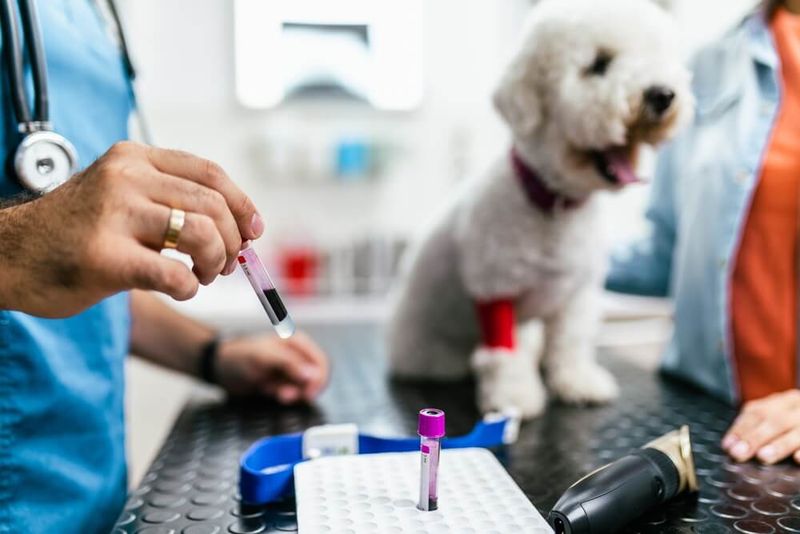
Some pets have specific health risks based on breed, age, or genetic factors. Special screenings can catch problems early.
Ask your vet about recommended screenings, such as heartworm tests or genetic screenings for predisposed breeds. Early detection allows for timely intervention and management.
Health screenings tailor preventive care to your pet’s unique needs. Fun fact: Some dog breeds are prone to hip dysplasia, and early screening can help manage the condition effectively.

